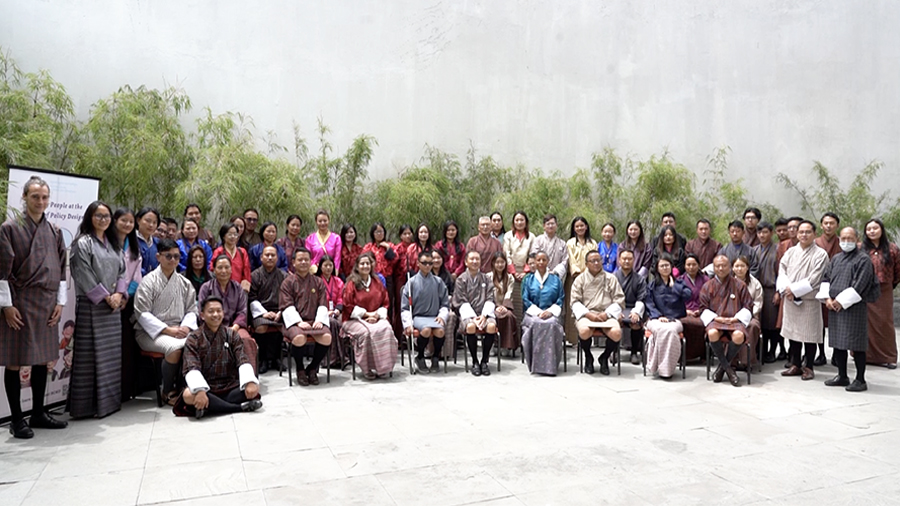
Certain sections of the population such as people with disabilities, the LGBTIQA+ community, unemployed youth, and women continue to face challenges related to accessibility, inclusivity, and empowerment. This is despite the presence of social protection system that offers free education and healthcare, and His Majesty’s Kidu programme that helps those facing livelihood challenges. A recent social protection advocacy event emphasised the need to re-think the social protection system to better support the entire population, especially vulnerable groups.
Social protection is a set of policies and programmes designed to reduce and prevent poverty and vulnerability.
It encompasses various benefits such as a pension, unemployment support, disability and maternity benefits, health insurance, assistance for the elderly and orphans, and vulnerable groups.
Other benefits would also include fee waivers, subsidies, tax exemptions, subsidised loans, and skills development for direct employment generation among others.
Tshering Tshokey, an advocate of the LGBTIQA+ community said there are inadequacies and gaps in implementing policies designed to support certain sections of the population.
“To address an issue, you must bring it into the spotlight and bring attention to it. These kinds of events give opportunities, especially for policymakers and influential people to get ideas and to get these issues noticed.”
Yeshi Gyaltshen, a teacher at the Wangsel Institute for the Deaf in Paro, emphasised the necessity of involving individuals with disabilities in the policy-making process.
“To form the policies, people with disabilities must be consulted, as their issues are understood by them. We cannot look at them and just assume and our assumption should not become the policies.”
At the event, participants highlighted the prevalence of social discrimination that hampers their access to essential services like education, healthcare, and employment opportunities.
Meanwhile, excluding health care, Bhutan spends less than one per cent of its GDP on social protection.
However, with the government in the process of formulating the 13th Five-Year Plan, there is optimism that the concerns raised during the event will find their way into the plan document.
“The primary objective of the event is to bring the attention of policymakers, parliamentarians, and service providers to social protection issues of the marginalised groups,” said Chencho Lhamu, the executive director of Bhutan Centre for Media and Democracy.
“As Bhutan graduates from the LDC category, social protection provides that safety net for children and their families. I think we have this great opportunity in the 13th Five-Year Plan. UNICEF supported the government and for the first time, we see social protection having a prominent mention in the 13th Five-Year Plan. We have the upcoming launch of the one thousand golden day package and that is a social protection package to support mothers to avail the services, so it will reduce the neonatal mortality,” said Andrea James, UNICEF Bhutan Representative.
She added that UNICEF remains committed to supporting Bhutan’s efforts to strengthen its social protection systems.
Currently, Bhutan does not have a comprehensive social protection policy. The National Social Protection Policy, drafted in 2013 had limited coverage, which excluded people in the informal sectors. The draft policy was never finalised.
Tshering Deki
Edited by Sonam Pem






